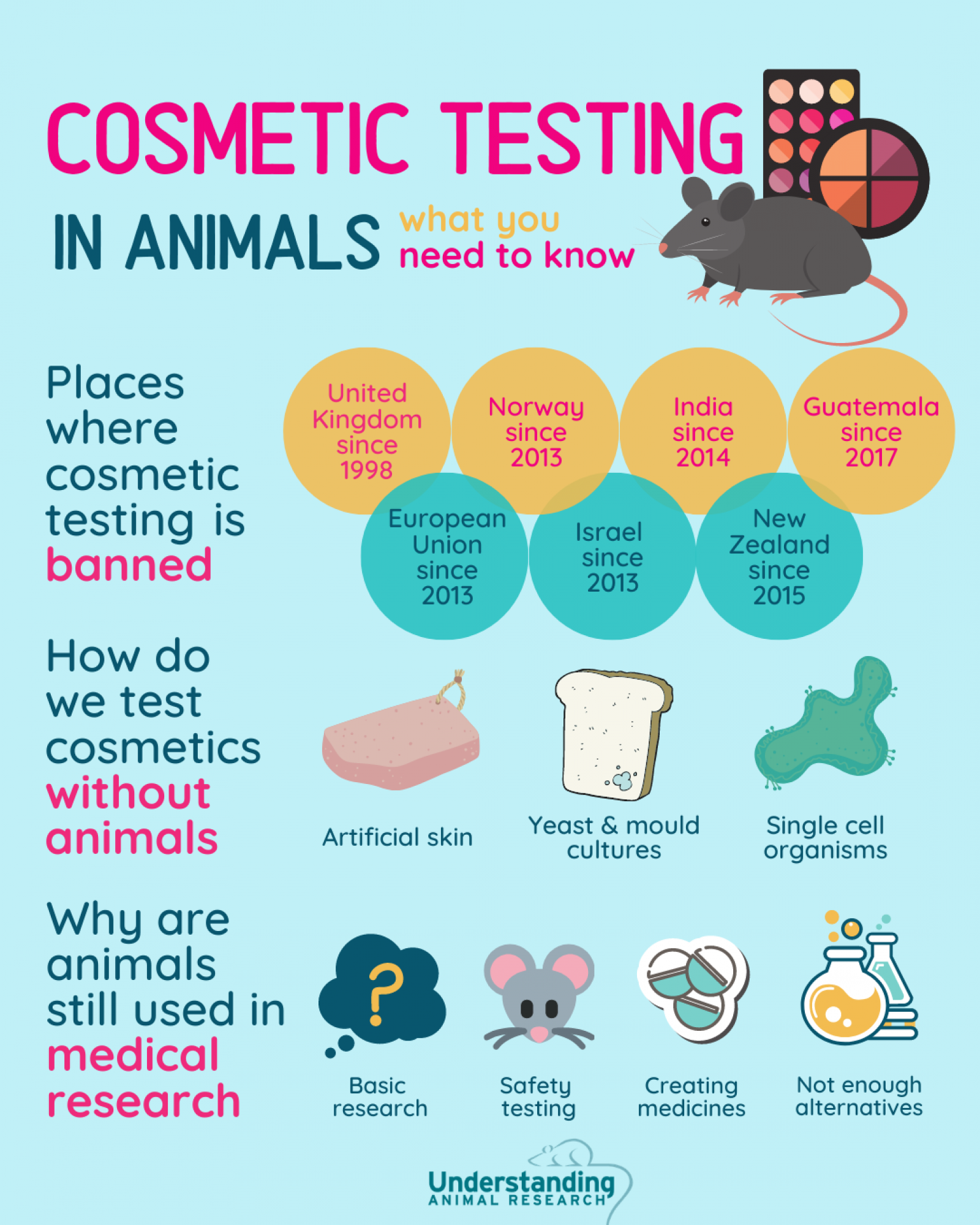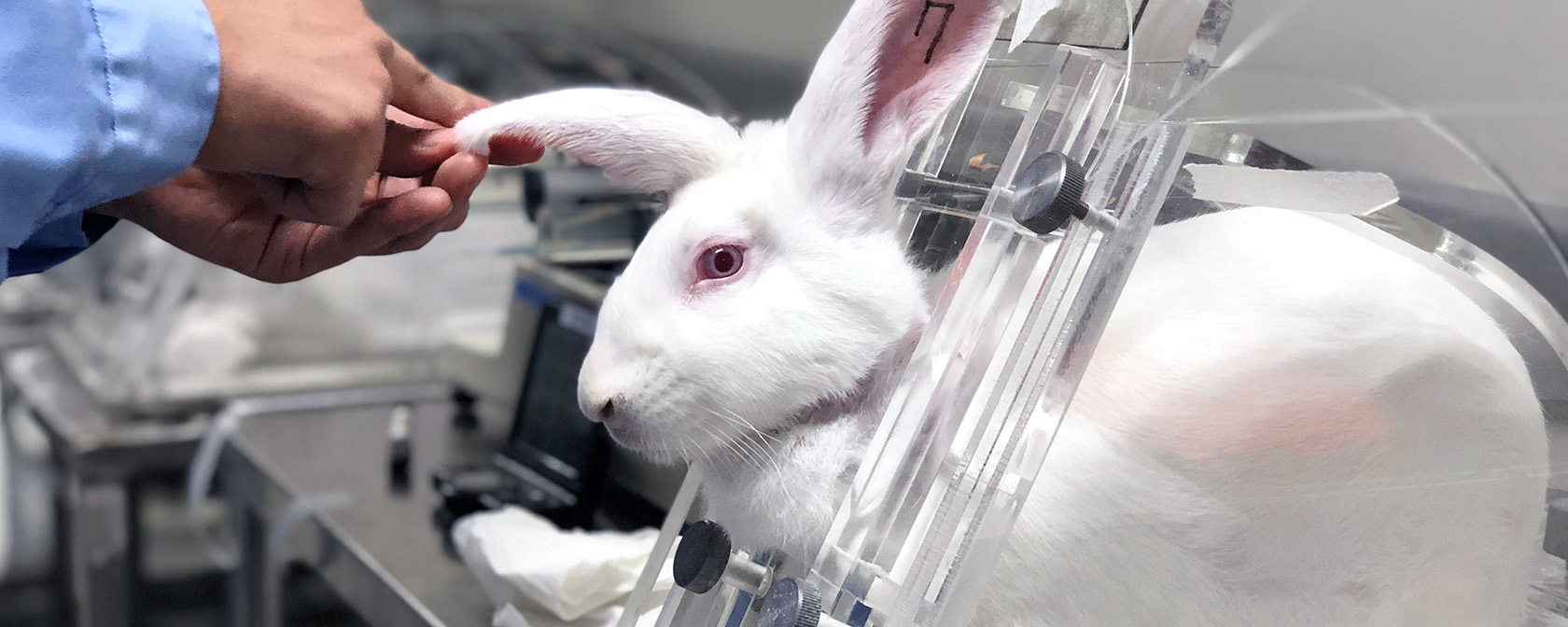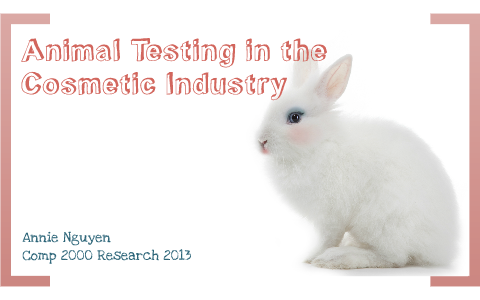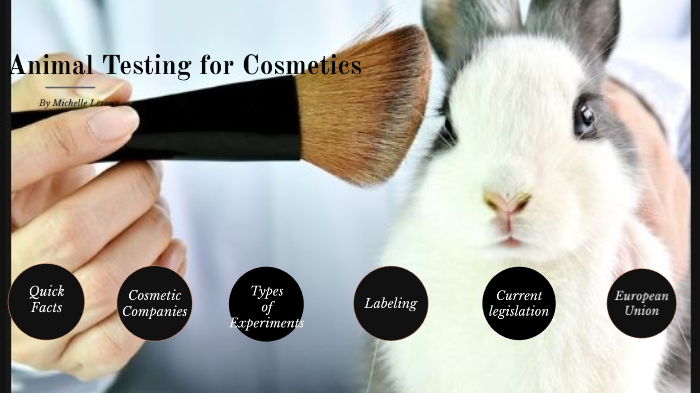The Complexities of Animal Testing in the Cosmetics Industry: A Comprehensive Overview
Related Articles: The Complexities of Animal Testing in the Cosmetics Industry: A Comprehensive Overview
Introduction
With enthusiasm, let’s navigate through the intriguing topic related to The Complexities of Animal Testing in the Cosmetics Industry: A Comprehensive Overview. Let’s weave interesting information and offer fresh perspectives to the readers.
Table of Content
The Complexities of Animal Testing in the Cosmetics Industry: A Comprehensive Overview
/GettyImages-1316412895-c10088ce59774d329891a246daa68dda.jpg)
The cosmetics industry is a multi-billion dollar enterprise, driven by innovation and consumer demand for the latest beauty trends. However, the production of these products often raises ethical concerns, particularly regarding the practice of animal testing. While many companies have transitioned to cruelty-free methods, certain brands continue to conduct animal testing, sparking heated debates and highlighting the complexities of this issue.
Understanding Animal Testing in Cosmetics
Animal testing in cosmetics refers to the use of live animals, such as rabbits, mice, and guinea pigs, to evaluate the safety and efficacy of ingredients and finished products. These tests often involve exposing animals to chemicals or substances to observe their reactions, including skin irritation, allergic responses, and potential toxicity.
Reasons for Animal Testing in Cosmetics
The primary reason for animal testing in cosmetics is to ensure the safety of human consumers. Traditional methods rely on animal models to assess the potential risks of ingredients and products before they reach the market. Proponents argue that animal testing is necessary to:
- Identify potential allergens: Animal tests can help detect ingredients that might cause allergic reactions in humans.
- Assess skin irritation and toxicity: These tests can identify ingredients that may cause skin irritation, redness, or other adverse reactions.
- Evaluate product efficacy: Some tests assess the effectiveness of products in treating specific skin conditions or achieving desired cosmetic outcomes.
The Ethical Debate Surrounding Animal Testing
Despite the purported benefits, animal testing in cosmetics faces strong ethical criticism. Opponents argue that:
- Animal welfare concerns: Animals subjected to these tests often experience pain, suffering, and distress.
- Inaccuracy of animal models: The results obtained from animal models may not accurately predict human responses, leading to misleading and potentially dangerous outcomes.
- Availability of alternative methods: Numerous non-animal testing methods, including in vitro testing and computer simulations, have been developed and are increasingly being adopted by the industry.
The Global Landscape of Animal Testing Regulations
The regulatory landscape surrounding animal testing varies significantly across the globe. Some countries, like India and China, still mandate animal testing for certain cosmetic products, while others, such as the European Union, have banned animal testing for cosmetics and their ingredients.
The Rise of Cruelty-Free Cosmetics
In response to growing public awareness and ethical concerns, many cosmetics companies have embraced cruelty-free practices. These companies pledge not to conduct animal testing on their products or ingredients and to avoid sourcing ingredients from suppliers who do.
Identifying Cruelty-Free Brands
To ensure that a cosmetic product is truly cruelty-free, consumers should look for certifications from reputable organizations like:
- Leaping Bunny: This international program certifies companies that meet strict criteria for cruelty-free practices, including no animal testing and no sourcing of ingredients from suppliers who conduct animal testing.
- PETA: The People for the Ethical Treatment of Animals (PETA) also maintains a list of cruelty-free brands that meet their standards.
FAQs About Makeup Brands That Test on Animals
Q: Why do some makeup brands still test on animals?
A: While many brands have transitioned to cruelty-free methods, some companies continue to conduct animal testing due to:
- Regulatory requirements: In certain countries, animal testing is still mandated for certain products.
- Lack of alternative methods: Some companies argue that alternative methods are not yet sufficiently reliable or comprehensive to replace animal testing entirely.
- Cost and time constraints: Developing and validating alternative methods can be costly and time-consuming, making some companies hesitant to adopt them.
Q: Is it legal for makeup brands to test on animals in the United States?
A: In the United States, there is no federal law prohibiting animal testing for cosmetics. However, several states, including California, have enacted legislation prohibiting the sale of cosmetics that have been tested on animals.
Q: What are some examples of makeup brands that still test on animals?
A: It is important to note that this list may change as companies adapt their policies. Consumers should always consult the latest information from reputable sources like Leaping Bunny and PETA.
- Avon: Avon does not conduct animal testing on its products but may still rely on suppliers who test on animals.
- Revlon: Revlon does not conduct animal testing on its products but may source ingredients from suppliers who do.
- L’Oréal: L’Oréal has a global policy against animal testing but may still be required to conduct animal testing in countries where it is mandated by law.
Tips for Making Informed Choices About Makeup Brands
- Check for certifications: Look for the Leaping Bunny or PETA cruelty-free certification on product packaging or company websites.
- Research brands: Visit the websites of companies and investigate their animal testing policies.
- Contact customer service: If you are unsure about a brand’s animal testing practices, contact their customer service department for clarification.
- Support cruelty-free brands: Choose products from companies that are committed to ethical practices and cruelty-free methods.
- Advocate for change: Contact brands that still test on animals and express your concerns.
Conclusion
The debate surrounding animal testing in cosmetics is complex and multifaceted. While the practice raises significant ethical concerns, it is important to recognize the challenges and complexities faced by the industry. By staying informed, making conscious choices, and supporting cruelty-free brands, consumers can play a role in advocating for a more ethical and compassionate future for both animals and humans.
:max_bytes(150000):strip_icc()/GettyImages-868481314-7ab8b8e9970144dfb49650cf15a4d6ba.jpg)

:max_bytes(150000):strip_icc()/GettyImages-10031716-cdfc59536c744f7a8906057ce6dd832b.jpg)





Closure
Thus, we hope this article has provided valuable insights into The Complexities of Animal Testing in the Cosmetics Industry: A Comprehensive Overview. We hope you find this article informative and beneficial. See you in our next article!